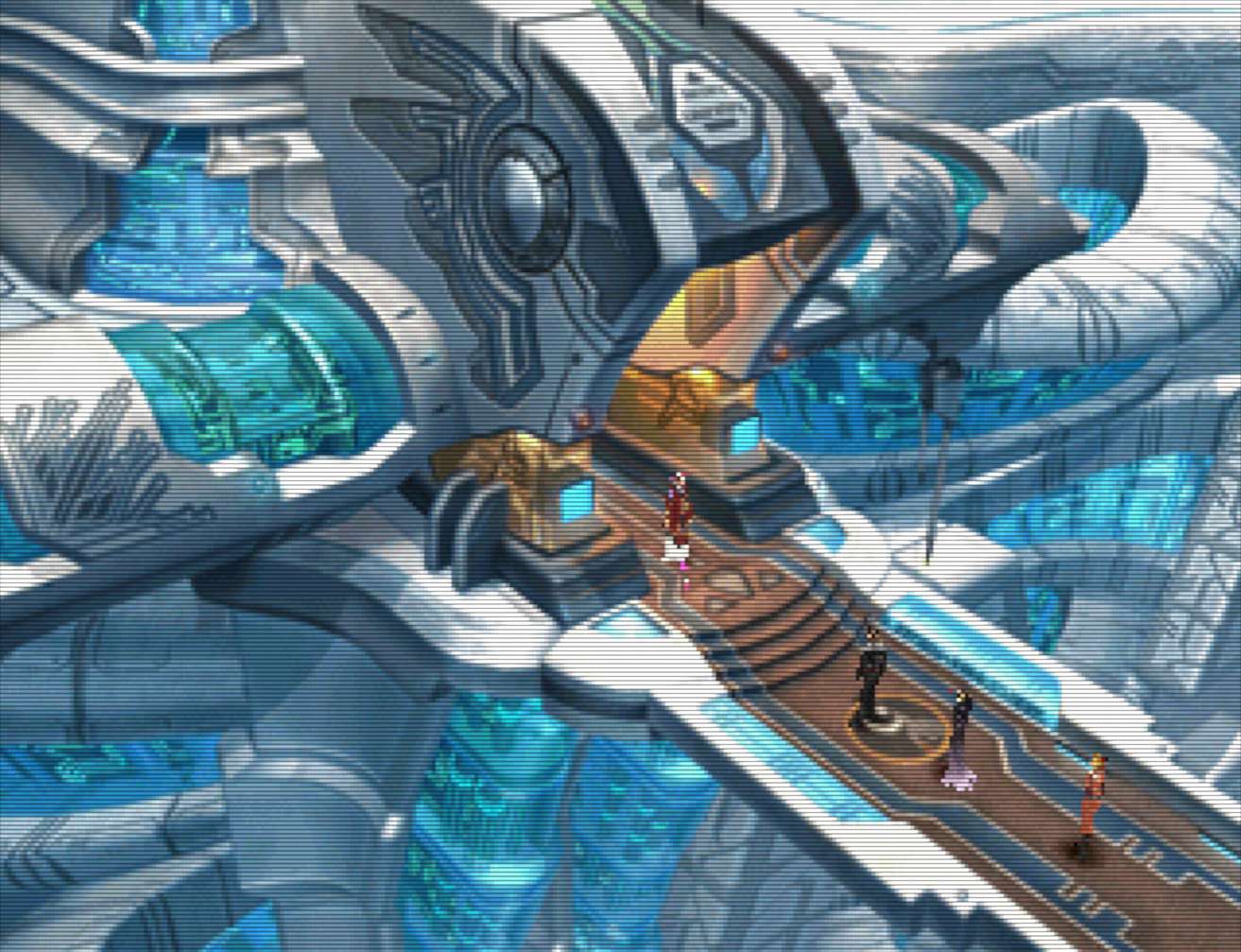kingfey
Banned
Sony has released a patch that attempts to improve its controversial 50Hz classic PlayStation games, but users are reporting that the effect it creates is distracting.
Complaints were raised last week when PlayStation 1 and PSP games started appearing on Asian region PlayStation stores, ahead of the revamped PlayStation Plus coming to Japan, the Americas and Europe in June.
It was soon noticed that all first-party PS1 games included with the service are based on the European PAL versions, even in regions which use the NTSC format including Taiwan.
This means the games run at 50hz instead of NTSC's faster 60hz refresh rate, making them significantly slower.
Sony has now released a patch for some of these games which it claims has "improved PAL output".
However, as Twitter user windycornertv points out, the patch creates a noticeable ghosting effect as the screen scrolls.
The patch – which currently affects Jumping Flash, Everybody's Golf and Kurushi (aka Intelligent Qube) – appears to be attempting to increase the 50Hz output to 60Hz to make its PAL games run at the same speed as 60Hz games.
However, in order to do this, it seems to be adding in missing frames by blending existing frames together, creating a 'ghosting' effect.
The issue was also highlighted on a Digital Foundry video, in which reporter John Linneman intended to analyse the PS1 emulation in general, but received the patch just before the video had been completed.
"They added frame blending to try to make up for the PAL frame rate, but this means that there's a ghost trail behind every frame," Linneman noted.
"This does not make up for the low refresh rate of these PAL versions."
Although Sony hasn't officially confirmed why it's using the PAL versions of its games, it's believed that it's because they include support for multiple languages.
However, other third-party games on the service such as Tekken 2, Syphon Filter, Abe's Oddysee and Mr. Driller appear to be based on the NTSC versions.
It's also not year clear if all regions will receive the PAL versions, though when the PlayStation Classic mini console was released in 2018 around half of its games used the PAL versions, even in units sold in North America.
Complaints were raised last week when PlayStation 1 and PSP games started appearing on Asian region PlayStation stores, ahead of the revamped PlayStation Plus coming to Japan, the Americas and Europe in June.
It was soon noticed that all first-party PS1 games included with the service are based on the European PAL versions, even in regions which use the NTSC format including Taiwan.
This means the games run at 50hz instead of NTSC's faster 60hz refresh rate, making them significantly slower.
Sony has now released a patch for some of these games which it claims has "improved PAL output".
However, as Twitter user windycornertv points out, the patch creates a noticeable ghosting effect as the screen scrolls.
The patch – which currently affects Jumping Flash, Everybody's Golf and Kurushi (aka Intelligent Qube) – appears to be attempting to increase the 50Hz output to 60Hz to make its PAL games run at the same speed as 60Hz games.
However, in order to do this, it seems to be adding in missing frames by blending existing frames together, creating a 'ghosting' effect.
The issue was also highlighted on a Digital Foundry video, in which reporter John Linneman intended to analyse the PS1 emulation in general, but received the patch just before the video had been completed.
"They added frame blending to try to make up for the PAL frame rate, but this means that there's a ghost trail behind every frame," Linneman noted.
"This does not make up for the low refresh rate of these PAL versions."
Although Sony hasn't officially confirmed why it's using the PAL versions of its games, it's believed that it's because they include support for multiple languages.
However, other third-party games on the service such as Tekken 2, Syphon Filter, Abe's Oddysee and Mr. Driller appear to be based on the NTSC versions.
It's also not year clear if all regions will receive the PAL versions, though when the PlayStation Classic mini console was released in 2018 around half of its games used the PAL versions, even in units sold in North America.








